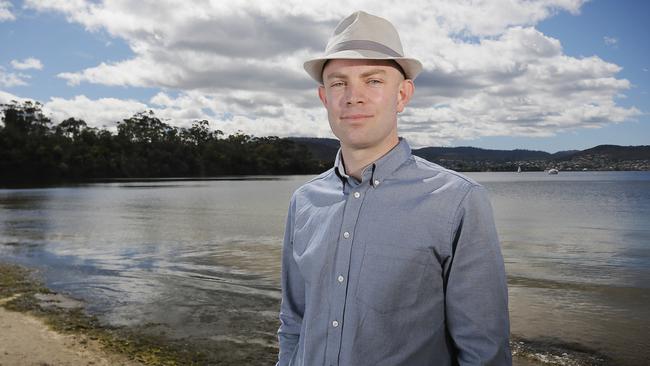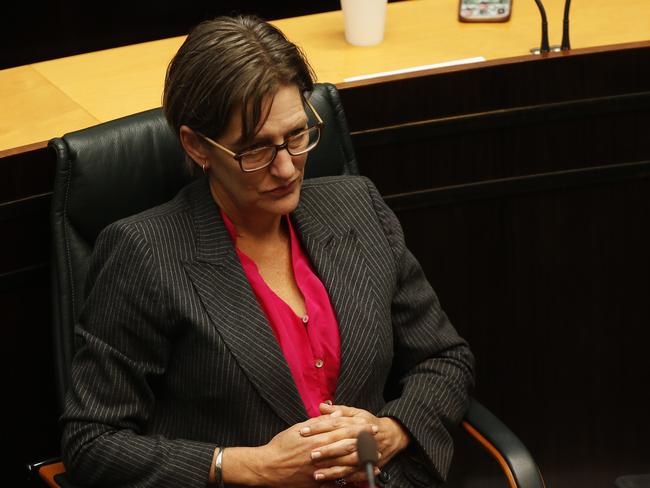Advocates hope the Upper House deems anti-protest laws ‘flawed’
Debate is again flaring as the nation’s toughest anti-protest laws return to parliament this month, with environmental advocates concerned the legislation is causing confusion.

Politics
Don't miss out on the headlines from Politics. Followed categories will be added to My News.
DEBATE is again flaring as controversial anti-protest laws return before Tasmania’s Parliament this month.
The legislation – the toughest of its type in Australia – was rushed through the Lower House on its last day of sittings in November last year and will return to the Legislative Council on June 24.
A petition with the signatures of 3257 people opposing the laws was tabled before parliament last week, with principal petitioner Richard Griggs saying he hoped the Upper House would see the laws as “flawed”.
READ MORE NEWS:
- Two helicopter rescues in southern Tasmania
- Young child in hospital after being run over by a trailer
- Tasmanian businesses offer incentives to lure locals
- Bonorong to welcome Tassie tourists at home
Mr Griggs, a Hobart lawyer and the Tasmanian director of Civil Liberties Australia, also said Primary Industries Minister Guy Barnett’s comments about protesters potentially facing 21 years’ imprisonment had confused environmental and legal advocates.
The Workplace (Protection from Protesters) Bill provides for jail terms up to four years and fines up to $10,000 for individuals “invading or hindering business”, while corporate entities could be stung up to $100,000.
Mr Barnett’s claims protesters could be jailed up to 21 years is not contained in the draft legislation – rather the prison terms are theoretically possible under existing Criminal Code laws for property damage.
Mr Griggs said the laws could be rejected by a further High Court challenge, following a 2017 ruling that a previous version was unconstitutional.
“What we saw last time will be repeated – people will be uncertain about what their rights are and elect not to take part in peaceful protests on public land, and that’s an extraordinarily dangerous outcome,” he said.
“I think there’s a distinct possibility of them being rejected again by the High Court because the practical effect is exactly the same as the first version. I hope we don’t have to worry about a High Court challenge and that the Independents in the Upper House see these as flawed and reject them.”

Greens leader Cassy O’Connor said she didn’t believe the laws would currently pass through the Legislative Council – but that could all change if the State Government waited until the Legislative Council elections to debate the Bill.
However, she said if the laws passed, she believed they would be successfully challenged again by the High Court.
“Sometimes I think it’s a bit of a try-on,” she said.
“It’s designed to scare people and to make people uncertain about where it’s legal to register your protest.”


